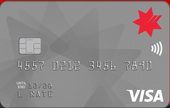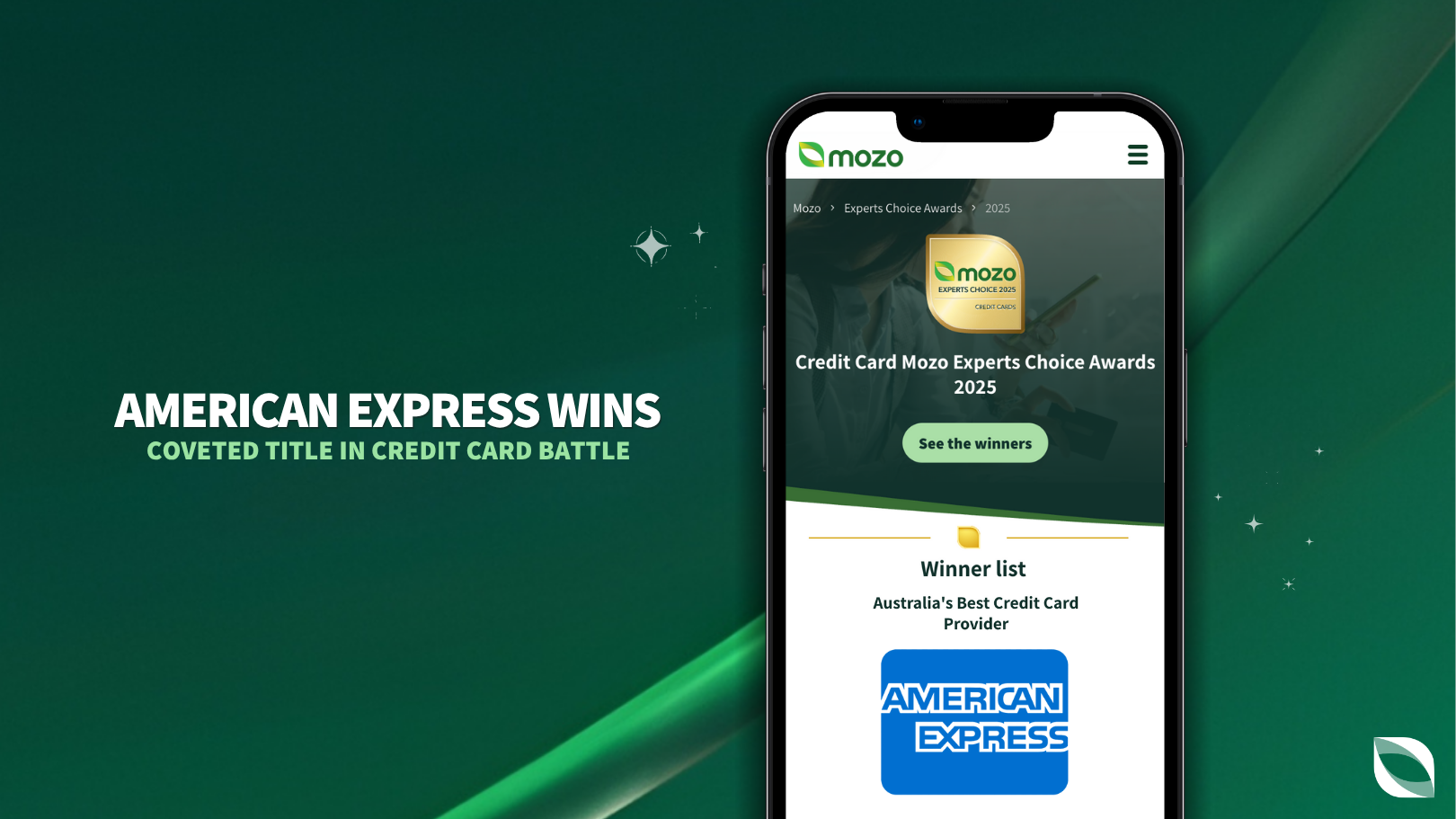How credit cards work
With a credit card, you can borrow money on demand to make purchases. The amount you can borrow is capped at a certain amount, known as your credit card limit.
Any money that you spend using your credit card, including on purchases, cash advances, and balance transfers, must be repaid.
Each month, you will receive a credit card statement that outlines how much credit you’ve used (your balance), the minimum repayment amount, and the due date.
If you repay your balance in-full before the due date, you can avoid paying interest on your purchases.
Credit cards can also come with interest-free periods on eligible purchases. In Australia, interest-free periods are typically 44 to 55 days long, but can vary depending on the provider.
What’s the best type of credit card?
There are a range of credit card types available in Australia so it is impossible to select a best credit card for everyone, as what is important is to find the best credit card for you. This depends on what you’re looking to get from your credit card. For example, are you hoping to earn rewards or airline points on your purchases? Then a rewards credit card will likely suit your needs best. Are you looking to transfer debt? You should check out credit cards with 0% p.a. balance transfer offers. No matter what it is that you prioritise, there are a lot of good credit card options. See below a list of the types of credit cards for you to review.
Are credit cards risky?
Credit cards, while useful, definitely have their risks. However, using your credit card responsibly can greatly reduce the potential risk they have.
For example, if you only ever make minimum payments on your credit card balance, your debt can snowball, thanks to compound interest. Runaway credit card debt can prove extremely stubborn to clear.
Missing credit card payments altogether can also negatively affect your credit score and result in late fees that pile up, only adding to your debt more.
By making sure that you don’t overspend on your credit card, and pay it off on time and (when possible) in-full, you can enjoy the benefits of a credit card without the potential downsides.
Do credit cards have fees?
Credit cards do have fees, but not all cards charge the same amount for the same thing. Common credit card fees can include:
- Annual or monthly fees
- Late payment fees
- Cash advance fees
- Balance transfer fees
- Foreign exchange fees
Some credit card providers may waive or discount your annual fee for the first year, as an introductory offer. Those that charge a monthly fee, which are oftentimes interest-free credit cards, may even waive your fee for paying your balance off in-full.
When you’re choosing a credit card, make sure to read through the product’s terms and conditions, so that you can understand all the costs involved with using your new card.
How to compare credit cards
When you’re choosing a credit card to get, make sure it’s the right one for you by looking at a few of the key features of the cards you’re interested in.
Here’s some steps you can take to compare different credit card options:
-
Compare the cost. Consider if the interest rates and fees are competitive, and keep an eye out for introductory offers to help you save.
-
Compare the limits. Think about how much you are likely to spend on your card and make sure your credit limit accounts for that – without being too much higher.
-
Compare the perks. If perks are important to you, check which rewards points program the card is connected to, if it comes with complimentary insurances, and if there are any other goodies that could seal the deal for you.
-
Compare the features. A balance transfer card could help you pay down your existing credit card debts, while a travel credit card could save you big money on vacations – the right card with the right features for your situation makes all the difference.
How can I get the best chance of qualifying for a credit card in Australia
Most credit card providers have preferences for who they’ll approve a credit card for. While your application’s success can depend on factors like your credit score, your income, and more, you'll have the best chance of getting approved if you meet the eligibility criteria before applying. Generally these can include:
- Over 18 years of age
- An Australian citizen or permanent resident
- Employed full-time
Of course, this is a generalisation. But, having a steady income and low debt can really bolster your chances of success.
What factors affect credit card approval?
The factors that can affect credit card approval include:
-
Credit scores. A higher credit score improves your odds of approval.
-
Income. The more income you have, the better placed you are to repay your balance.
-
Debts. If you have existing debts, this could impact your ability to repay your credit card balance.
-
Credit applications. A credit report with multiple or frequent applications can be a red flag for lenders.
How can I best prepare to apply for a credit card
When you apply for a credit card, you will need to have documents that show proof of identity, income and expenses.
You can usually apply for a credit card online, either through the bank’s website or app. However, it’s also possible to talk to a credit card provider in-person, in a bank branch.



















 Switch & save calculator
Switch & save calculator
 Debt payments calculator
Debt payments calculator
 Rewards revealer
Rewards revealer


